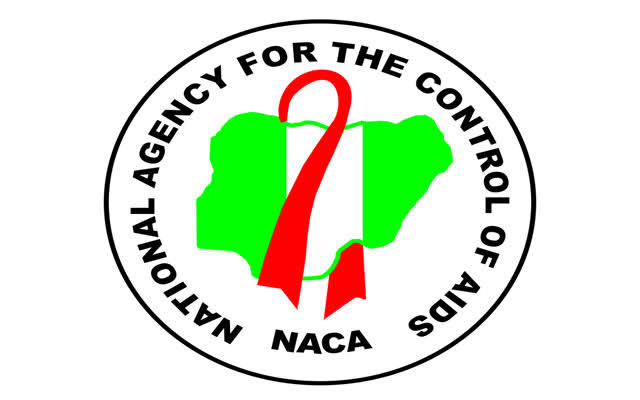The latest 2024 estimates from the National Agency for the Control of AIDS (NACA) paint a concerning picture of the Human Immuno deficiency Virus (HIV) prevalence across Nigeria, with Rivers, Benue, and Akwa Ibom states named as leading the infectious rate.
HIV attacks the body’s immune system, and without treatment, can lead to Acquired Immune Deficiency Syndrome (AIDS), a life-threatening condition.
These findings underscore the urgent need for targeted interventions in the most affected regions to control the epidemic and provide care for those living with the virus.
According to the report, out of over 2 million Nigerians living with HIV, Rivers State tops the list with a staggering “208,767 reported cases.” Benue follows closely with “202,346,” and Akwa Ibom accounts for “161,597.”
Lagos ranks fourth with 108,649 cases, while Anambra and the FCT report 100,429 and 83,333 cases, respectively. Other states with significant numbers include Delta (68,170), Imo (67,944), Enugu (61,028), Edo (60,095), and Taraba (58,460).
NACA’s data also highlights mid-tier prevalence states like Abia (54,655), Kaduna (54,458), and Kano (53,972), while states with the lowest reported cases include Kwara (20,259), Ekiti (18,857), and Yobe with “11,956.”
These statistics emphasize the geographical disparities in HIV prevalence and the necessity for tailored public health strategies, including increased testing, prevention programs, and access to antiretroviral treatment, to mitigate the impact of the virus on individuals and communities in Nigeria.



